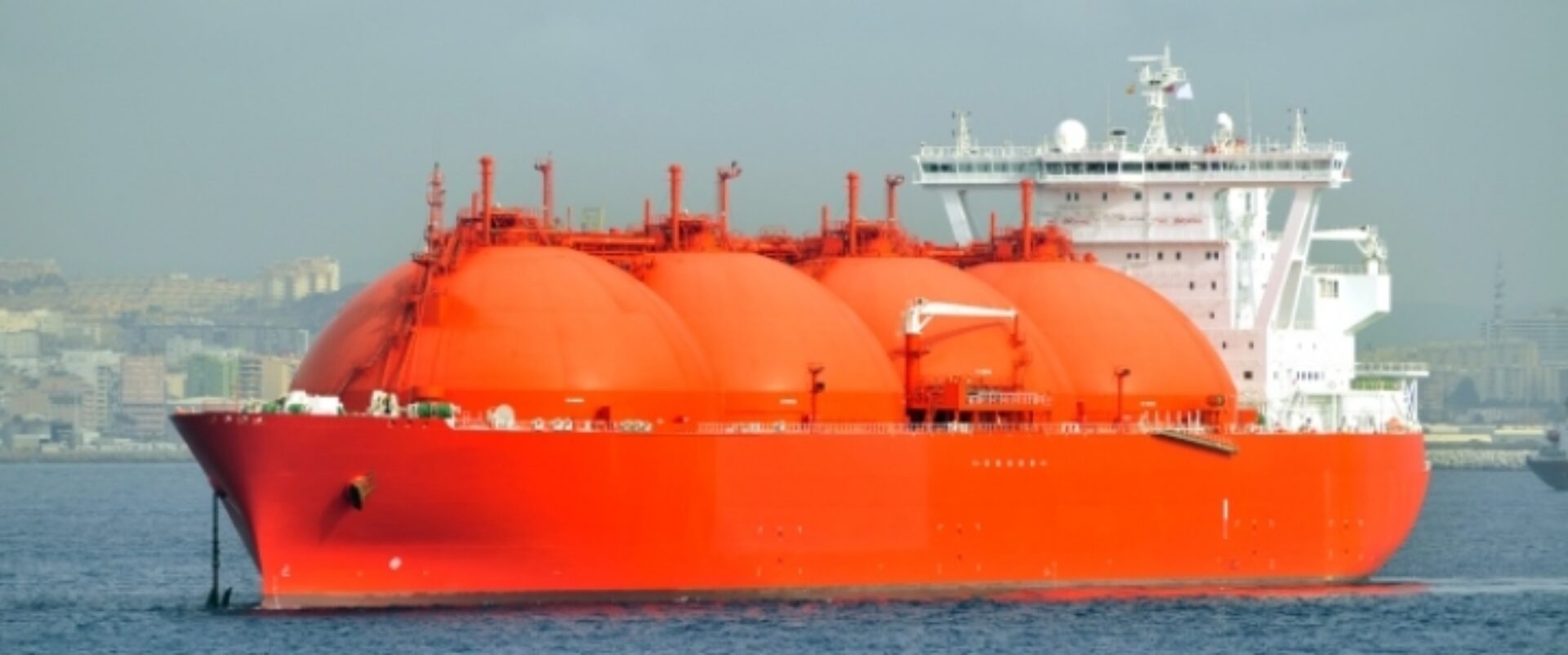
U.S. Crewed
The first time I heard this term, I thought the person was saying “U.S. crude.” The discussion, however, was related to the Quadrennial Energy Review and the topic was moving energy around the United States. A water transportation expert was explaining the implications of the Jones Act for a major disruption of energy supplies to or within the United States. The Jones Act requires that shipments between U.S. ports must be carried out by ships built in America, owned by Americans, and operated by Americans (hence, “U.S. crewed”). It was a response to the success of German U-boats in World War I.
The merits of this nearly century-old protectionist law—the Merchant Marine Act of 1920, also know as the Jones Act—are debatable. The typical costs are marginally more expensive water transport costs. When a crisis happens, however, it can hinder recovery because there are not enough U.S. Jones Act ships to handle the kind of surge requirements that occur after an emergency like the one Puerto Rico is facing today.
This measure has, on occasion, affected deliveries of propane, LNG, and other energy supplies between U.S. ports. It has also increased the cost of energy in Hawaii and Alaska for a long time. The Jones Act was even applicable to options for getting crude oil and natural gas out of Prudhoe Bay on Alaska’s North Slope. When Congress prohibited the export of these energy supplies to other nations, even our allies, they were also sentencing Alaska to shipping via Jones Act vessels to U.S. ports. These higher costs caused significantly lower netback values for the oil in Alaska. This not only hurt the big oil companies that owned the production. It also hurt the state and citizens of Alaska, who participated in the value via significant royalty payments.
The President deserves credit for temporarily suspending this regulation for Puerto Rico. Prior suspensions have been rare. The pressures to always honor this act are intense, especially given the weak state of U.S. shipbuilding.
The debate about the merits of the Jones Act can remain for another day. Today, enhancing the response to Puerto Rico’s emergency makes sense. If suspension will get critical supplies to those in need faster than otherwise, then let’s go for it.
William Hederman
Independent Senior Adviser, Deloitte and ToucheWilliam Hederman is a former senior fellow at the Kleinman Center and Independent Senior Adviser at Deloitte and Touche.

